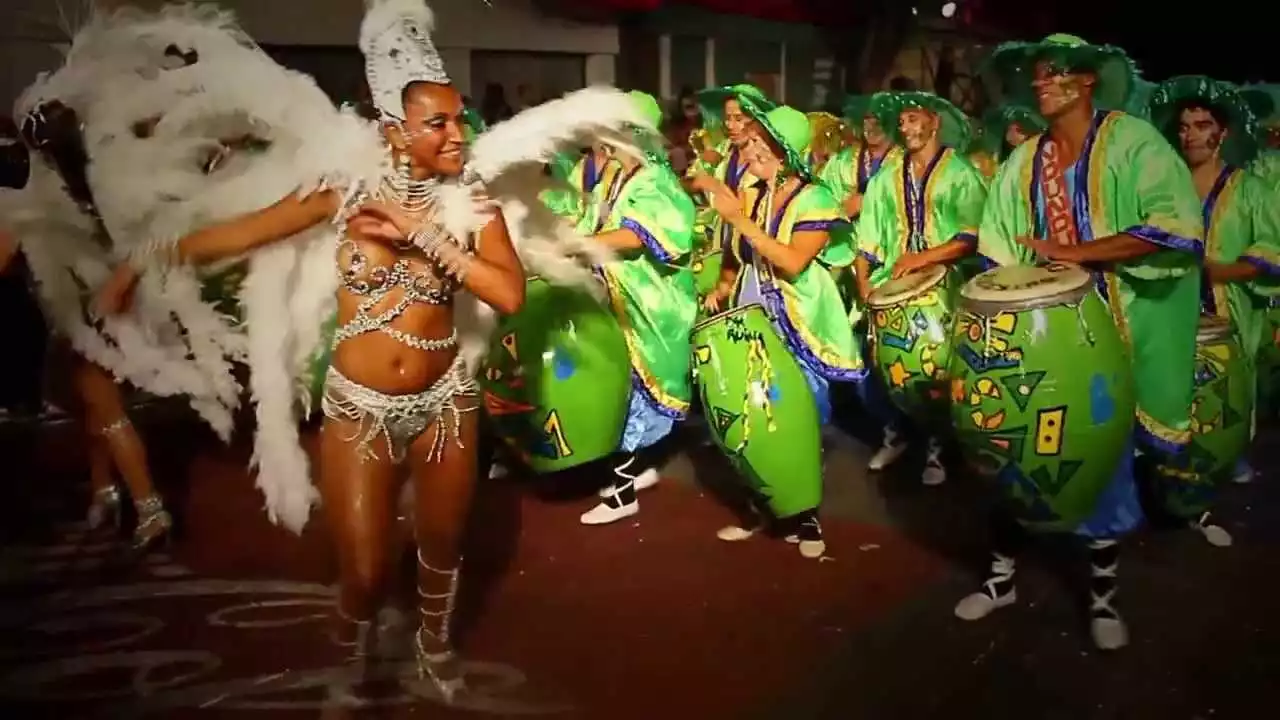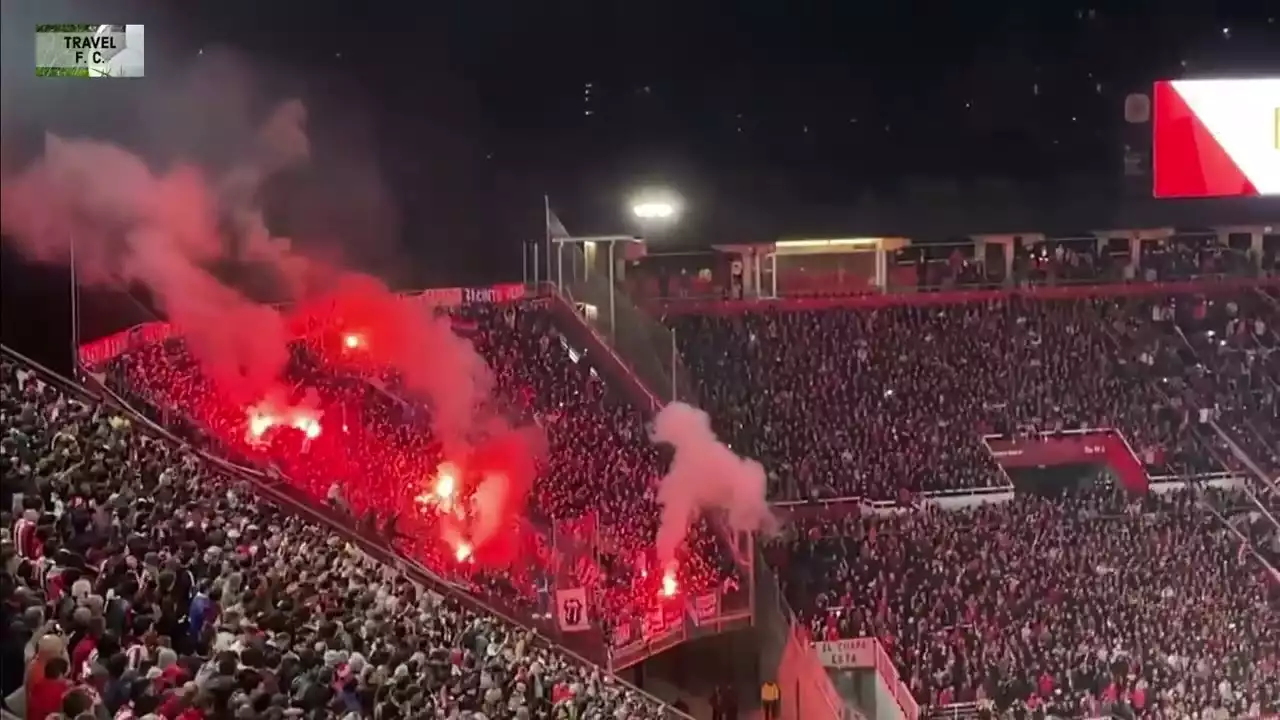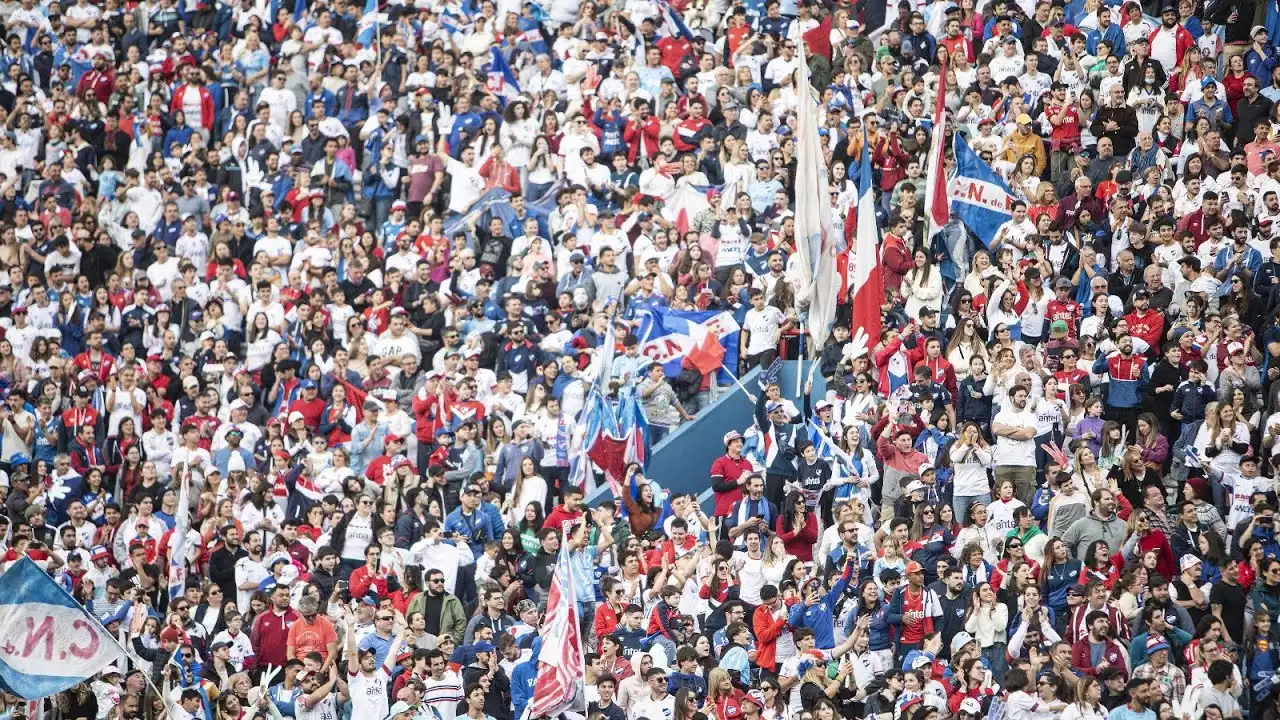The significance of festivals and fan events in Uruguay
Football festivals and fan events play a vital role in Uruguayan society, serving as a platform for the expression of national pride and unity. In a country where football is more than just a sport, these events bring people from all walks of life together to celebrate their shared love for the game. The festivals create a sense of belonging and identity, fostering a strong community spirit that transcends social and economic barriers.
One such significant event is the annual Copa America celebrations. As the oldest international continental football competition, it holds a special place in the hearts of Uruguayans. The tournament brings together the best teams from South America, and the passion it ignites is unparalleled. Fans flood the streets, waving flags, and sporting their team's colors, creating a vibrant and festive atmosphere. The Copa America celebrations are not just about the matches; they are a celebration of Uruguayan football history and a reminder of the country's achievements on the international stage.
Another notable fan event is the "Marcha de la Bandera" or the "March of the Flag." This event takes place before key matches, where fans gather in the streets, marching towards the stadium, chanting and singing their team's anthems. It is a spectacle to behold, with thousands of fans united in their support for their beloved teams. The Marcha de la Bandera is a symbol of the unwavering dedication and loyalty of Uruguayan football fans, creating an electric atmosphere that sets the stage for an unforgettable match.
These festivals and fan events serve as a platform for the expression of national pride and unity. They bring people together, regardless of their background, to celebrate their shared love for the game. Football is more than just a sport in Uruguay; it is a way of life, and these events are a testament to that.
Famous football festivals in Uruguay
Uruguay has a rich history of hosting football festivals that attract fans from all corners of the globe. One such festival is the Montevideo Carnival, which takes place in the capital city every February. While the carnival is not solely dedicated to football, it is deeply intertwined with the sport. Football-themed floats, costumes, and performances are a common sight during the carnival, showcasing the country's passion for the game. The Montevideo Carnival offers a unique blend of music, dancing, and football, creating a vibrant and lively atmosphere that is sure to leave a lasting impression.
Another iconic football festival in Uruguay is the "Noche de Nostalgia" or "Night of Nostalgia." This event takes place every August and serves as a tribute to the golden era of Uruguayan football. Fans gather in bars, restaurants, and clubs to watch replays of classic matches, reliving the glory days and celebrating the country's football heritage. The Night of Nostalgia is a nostalgic journey for fans, a time to remember and honor the legends of Uruguayan football.
Additionally, the "Desfile de Llamadas" or the "Parade of Calls" is a festival that showcases the Afro-Uruguayan culture, with a strong influence from football. This event, held in the historic neighborhood of Barrio Sur in Montevideo, features vibrant music, dancing, and colorful costumes. Football-themed dances and performances are often incorporated into the parade, highlighting the strong connection between football and Afro-Uruguayan culture.
These festivals not only celebrate football but also showcase the diverse cultural heritage of Uruguay. They provide a platform for artists, performers, and football enthusiasts to come together and celebrate the country's rich history and traditions.
Traditional customs and rituals during football festivals
Football festivals in Uruguay are steeped in tradition, with customs and rituals that have been passed down from generation to generation. These traditions add to the unique atmosphere and make each festival a truly unforgettable experience.
One such tradition is the "Asado," a traditional Uruguayan barbecue. During football festivals, families and friends gather to enjoy a delicious meal together, usually consisting of various cuts of meat cooked over an open flame. The Asado is more than just a meal; it is a social gathering where people bond over their shared love for football. The aroma of grilled meat fills the air, creating a sensory experience that is synonymous with Uruguayan football culture.
Another popular custom is the exchange of football stickers. Collecting and trading football stickers is a beloved tradition among Uruguayan football fans, with enthusiasts of all ages participating in the exchange. Sticker albums are meticulously filled with players' stickers, and fans take pride in completing their collections. This tradition not only fosters a sense of camaraderie among fans but also creates a sense of anticipation and excitement leading up to the festivals.
Additionally, the waving of flags and singing of team anthems are customary during football festivals in Uruguay. Fans proudly display their team's colors, waving flags high in the air, creating a sea of blue and white or black and yellow jerseys. The chants and songs that echo through the stadiums and streets are a testament to the passion and dedication of Uruguayan football fans.
These customs and rituals are an integral part of the football festival experience in Uruguay. They add an extra layer of excitement and create a sense of unity among fans, making each festival a truly immersive and memorable event.
The role of fan events in promoting team spirit
Fan events play a crucial role in promoting team spirit and fostering a sense of belonging among football fans in Uruguay. These events provide a platform for fans to come together, share their passion, and support their favorite teams. The sense of camaraderie and unity that emerges from these events is invaluable and contributes to the overall success of the teams.
One way fan events promote team spirit is through organized fan clubs. These clubs bring together like-minded individuals who share a common love for a specific team. They organize watch parties, travel together to away matches, and create a supportive community for fellow fans. Fan clubs are more than just a gathering of enthusiasts; they are a support system that strengthens the bond between fans and their teams.
Another way fan events promote team spirit is through pre-match rituals and traditions. Before each match, fans gather outside the stadiums to engage in various activities that build excitement and anticipation. From singing team anthems to performing coordinated chants and dances, these rituals create an electric atmosphere that fuels the players' motivation and sets the tone for the match. The collective energy and enthusiasm of the fans can have a profound impact on the team's performance, often serving as the 12th player on the field.
Additionally, fan events provide an opportunity for fans to connect with players and coaches on a more personal level. Meet and greets, autograph sessions, and interactive events allow fans to interact with their idols, fostering a sense of connection and loyalty. These interactions humanize the players and create a sense of mutual appreciation between the fans and the team.
Overall, fan events serve as a catalyst for team spirit, uniting fans and players in their shared love for the game. They create a supportive and passionate environment that fuels the players' motivation and contributes to the overall success of the teams.
How festivals and fan events contribute to the local economy
Festivals and fan events have a significant economic impact on the local communities in Uruguay. These events attract a large number of visitors, both domestic and international, who contribute to the local economy through various channels.
One of the main economic benefits of these events is the influx of tourism. Football enthusiasts from around the world travel to Uruguay to experience the vibrant atmosphere of the festivals and fan events. They book hotels, dine at local restaurants, shop at souvenir stores, and engage in other tourist activities, injecting money into the local economy. The increased tourism not only benefits the hospitality and tourism sectors but also has a positive ripple effect on other industries such as transportation, retail, and entertainment.
Additionally, the festivals and fan events create employment opportunities for the local population. The increased demand for services, such as event management, security, transportation, and catering, leads to job creation and income generation. Local businesses and vendors also benefit from the surge in visitors, as they have the opportunity to showcase their products and services to a wider audience.
Furthermore, the festivals and fan events contribute to the promotion of Uruguayan culture and heritage. Visitors are exposed to traditional customs, rituals, and cuisine, providing a unique cultural experience. This exposure often leads to a greater appreciation and understanding of the local culture, resulting in increased demand for Uruguayan products, handicrafts, and cultural experiences.
Overall, festivals and fan events have a positive impact on the local economy, supporting various industries and contributing to the overall development and promotion of Uruguay's cultural heritage.
Famous football stadiums in Uruguay
Uruguay is home to several iconic football stadiums that have witnessed countless historic moments and continue to be the beating heart of the country's football culture. These stadiums are not just venues; they are symbols of national pride and identity.
One such stadium is the Estadio Centenario, located in Montevideo. Built in 1930 to host the first-ever FIFA World Cup, the Estadio Centenario is a historic landmark that holds a special place in the hearts of Uruguayan football fans. The stadium has a capacity of over 60,000 spectators and has hosted numerous international matches, including the historic World Cup final in 1950, where Uruguay defeated Brazil to claim their second World Cup title. The Estadio Centenario is a testament to Uruguay's footballing history and is considered one of the most iconic stadiums in the world.
Another notable stadium is the Estadio Gran Parque Central, the home ground of Club Nacional de Football. Located in the heart of Montevideo, the Gran Parque Central has a rich history and is one of the oldest stadiums in South America. It has witnessed many memorable matches, including the inaugural Copa America final in 1916. The stadium's unique architecture and passionate atmosphere make it a must-visit for any football enthusiast.
Additionally, the Estadio Campeon del Siglo, the home stadium of Club Atletico Penarol, is another iconic venue in Uruguay. Opened in 2016, the stadium boasts modern facilities and a capacity of over 40,000 spectators. It has quickly become a symbol of Penarol's rich footballing history and serves as an important gathering place for the club's passionate fan base.
These stadiums are not just structures; they are hallowed grounds that embody Uruguay's footballing heritage. Visiting these iconic venues allows fans to connect with the country's rich history and feel the energy that has fueled countless victories over the years.
Tips for attending football festivals and fan events in Uruguay
Attending football festivals and fan events in Uruguay can be an exhilarating experience, but it's important to be prepared and make the most of your visit. Here are some tips to ensure you have a memorable time:
1. Plan in advance: Research the dates and locations of the festivals and fan events you want to attend. Book your accommodation and transportation in advance to secure the best options.
2. Embrace the culture: Immerse yourself in the local culture by learning about traditional customs, chants, and team anthems. This will enhance your experience and allow you to connect with the fans on a deeper level.
3. Dress the part: Wear the colors of your favorite team or the national team to show your support and blend in with the crowd. Avoid wearing colors associated with rival teams to prevent any unnecessary tension.
4. Be respectful: Respect the local customs and traditions, and be mindful of the cultural sensitivities. Avoid engaging in any disrespectful behavior or offensive chants that may detract from the overall atmosphere.
5. Stay hydrated and comfortable: Football festivals can be intense, with long hours of standing and cheering. Stay hydrated, wear comfortable shoes, and dress appropriately for the weather conditions.
6. Explore the surroundings: Take some time to explore the local area and discover the hidden gems of Uruguay. Visit nearby attractions, try local cuisine, and interact with the friendly locals to get a well-rounded experience.
7. Capture the memories: Bring a camera or smartphone to capture the vibrant atmosphere and memorable moments. However, be mindful of the event's rules and regulations regarding photography and recording.
By following these tips, you can make the most of your time at football festivals and fan events in Uruguay, creating unforgettable memories and experiencing the true essence of Uruguayan football culture.
The impact of football festivals on tourism in Uruguay
Football festivals have a significant impact on tourism in Uruguay, attracting visitors from all corners of the world who come to experience the country's vibrant football culture. These festivals serve as a magnet for football enthusiasts, drawing them to the stadiums and streets of Uruguay, while also providing an opportunity to explore the country's other attractions.
The increased tourism not only benefits the hospitality and tourism sectors but also has a positive ripple effect on other industries. Hotels, restaurants, and souvenir shops experience a surge in business as visitors flock to Uruguay for the festivals. The additional revenue generated from tourism helps support local businesses, create employment opportunities, and contribute to the overall development of the tourism infrastructure.
Furthermore, football festivals provide a unique cultural experience for visitors. They showcase the customs, traditions, and rituals that are deeply intertwined with Uruguayan football. Visitors have the opportunity to witness the passion and dedication of the fans, immerse themselves in the vibrant atmosphere, and gain a deeper understanding of Uruguay's cultural heritage.










